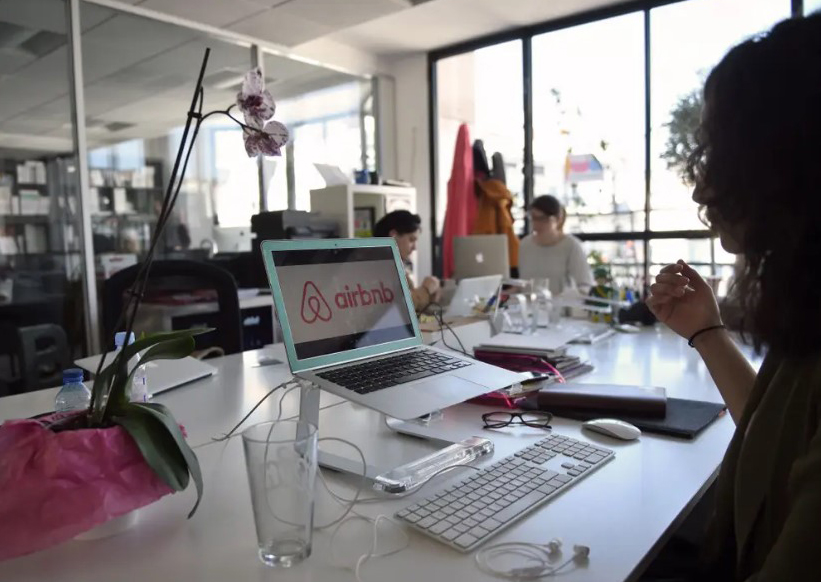New research by Oxford Economics and commissioned by Airbnb shows that Airbnb activity contributed RM9.2 billion to Malaysia’s economy in 2024, approximately 5 percent of the tourism sector’s contribution to GDP. Economic activity from Airbnb also helped support around 93,600 jobs while contributing RM2.1 billion in wage income.
The report suggests a recovery in domestic travel, with domestic visitors accounting for 67 percent of Airbnb guests in Malaysia, – surpassing 2019 pre-COVID levels. In 2024, international guests accounted for 33% of Airbnb stays in Malaysia, more than double their share from 2022, underscoring the country’s growing global appeal. Among international travellers, Asia-Pacific travellers made up the majority of international Airbnb guests, over 80 percent of international guests.
In 2024, Airbnb guest spending in Malaysia reached RM11 billion, which includes both accommodation and non‑accommodation expenses. Guests stayed an average of two days in Malaysia and spent an average of RM640 daily on non‑accommodation essentials – like dining, shopping, and transport. Of every RM1,000 spent in-destination, RM290 was spent on restaurants and shopping; RM160 on arts and entertainment; and RM110 and RM140 on groceries and transport respectively.
Host earnings can also fuel local economies: income from hosting supports property upkeep, domestic services, and personal consumption, all helping to sustain local businesses and trades.
Airbnb’s footprint accounted for 5 percent of Malaysia’s travel and tourism GDP in 2024, and supported 4 percent of tourism-related employment, equivalent to one in every 26 tourism-related jobs. Beyond front-line tourism sectors, Airbnb-generated activity injected significant value into the wider economy: contributing almost RM1.4 billion in manufacturing, RM1.2 billion in transport and storage, RM1.2 billion in food and beverage services, and over RM1.0 billion in wholesale and retail trade.
Airbnb-supported tourism helped support approximately 37,200 jobs in food and beverage, 13,400 in wholesale and retail, 10,300 in transport and storage, and 9,700 in arts and entertainment. These roles translated into tangible wage benefits, with Airbnb activity contributing around RM376 million in food and beverage wages, RM332 million in manufacturing wages, and RM281 million in transport and storage sector wages, highlighting a broad and meaningful economic uplift across communities.
Travel in Malaysia showed that it was moving beyond the big cities. In 2024, over half of all Airbnb guest spending took place outside Kuala Lumpur and Selangor. There was also a 68% increase in non-urban accommodation spending compared to 2019 signalling growing interest in exploring lesser-known parts of the country.
Notably, areas outside Kuala Lumpur and Selangor, accounted for 62% of Airbnb’s total GDP contribution in Malaysia, helping support 63,500 jobs and RM1.3 billion in wages, delivering meaningful economic impact to local communities across the country.
“Malaysia’s tourism recovery reflects a strong and resilient demand for domestic travel. Malaysian travellers are instrumental in driving the resurgence in the tourism sector, with their share of total Airbnb guests now exceeding 2019 levels.
“At the same time, traditional international markets, especially those within the APAC region, remain as important sources of inbound tourists, reinforcing Malaysia’s appeal as an attractive travel destination in the region.
“Airbnb is driving Malaysia’s travel revolution, unlocking the untapped potential of rural destinations far beyond the usual tourist hotspots. By broadening the reach of tourism, Airbnb is fueling economic growth nationwide – supporting jobs, sustaining livelihoods, and energising a diverse array of industries across the country.
“Harnessing Airbnb’s platform means empowering communities and expanding Malaysia’s economic success well beyond conventional boundaries,” said James Lambert, Director of Economic Consulting Asia for Oxford Economics.
“We’re delighted to see Malaysia’s tourism recovery gaining real momentum, with Airbnb bringing in guests from around the world, especially ahead of Visit Malaysia Year 2026. With more than half of our stays happening outside the major areas of Kuala Lumpur and Selangor, Airbnb is helping spread the economic benefits to more communities in Malaysia.
“It’s incredibly rewarding to know that Airbnb is helping local businesses thrive, creating jobs, and spreading economic benefits across the country,” said Amanpreet Bajaj, Airbnb’s Country Head, Southeast Asia and India.
-HR HUB










